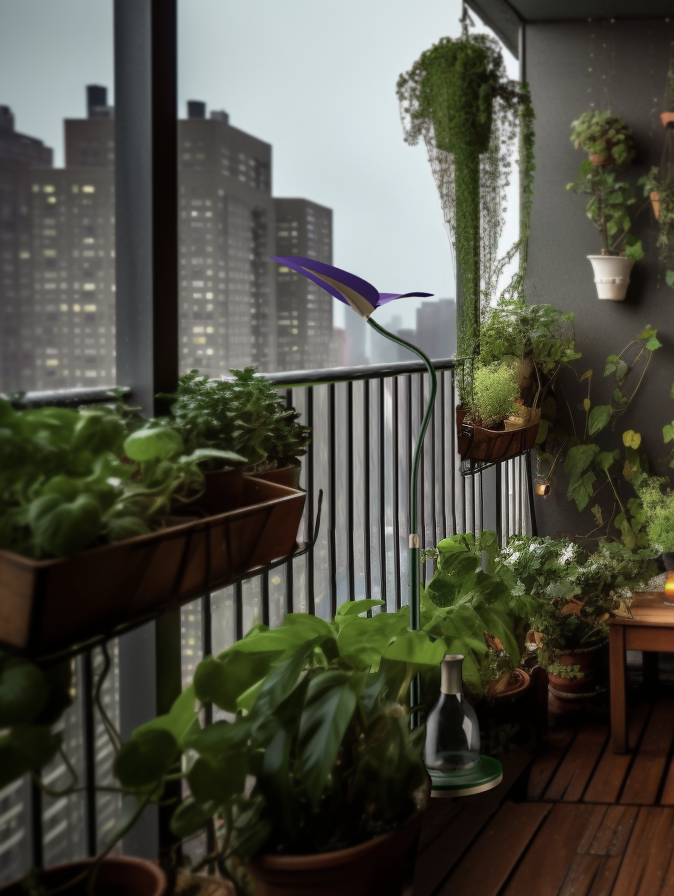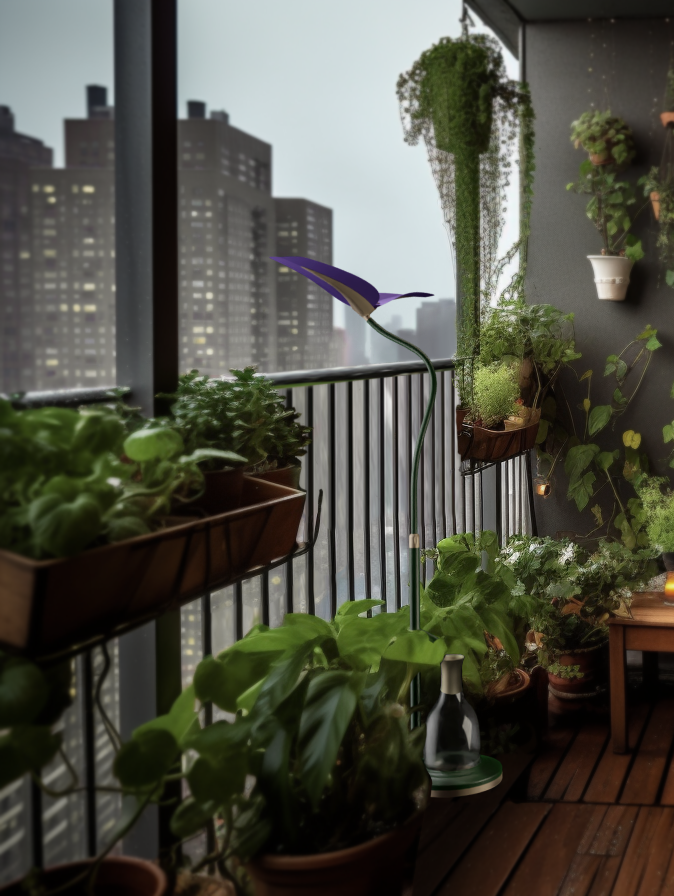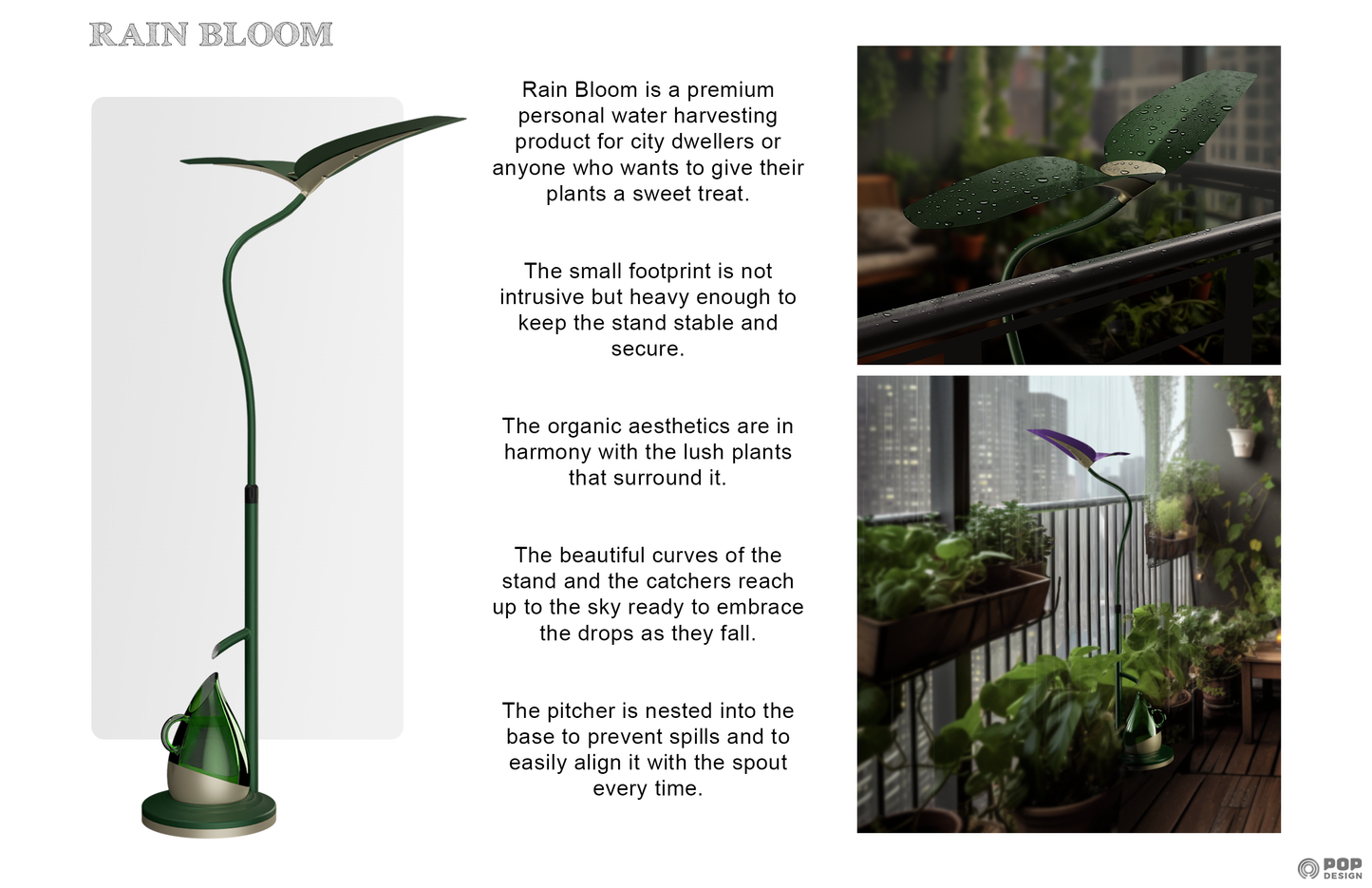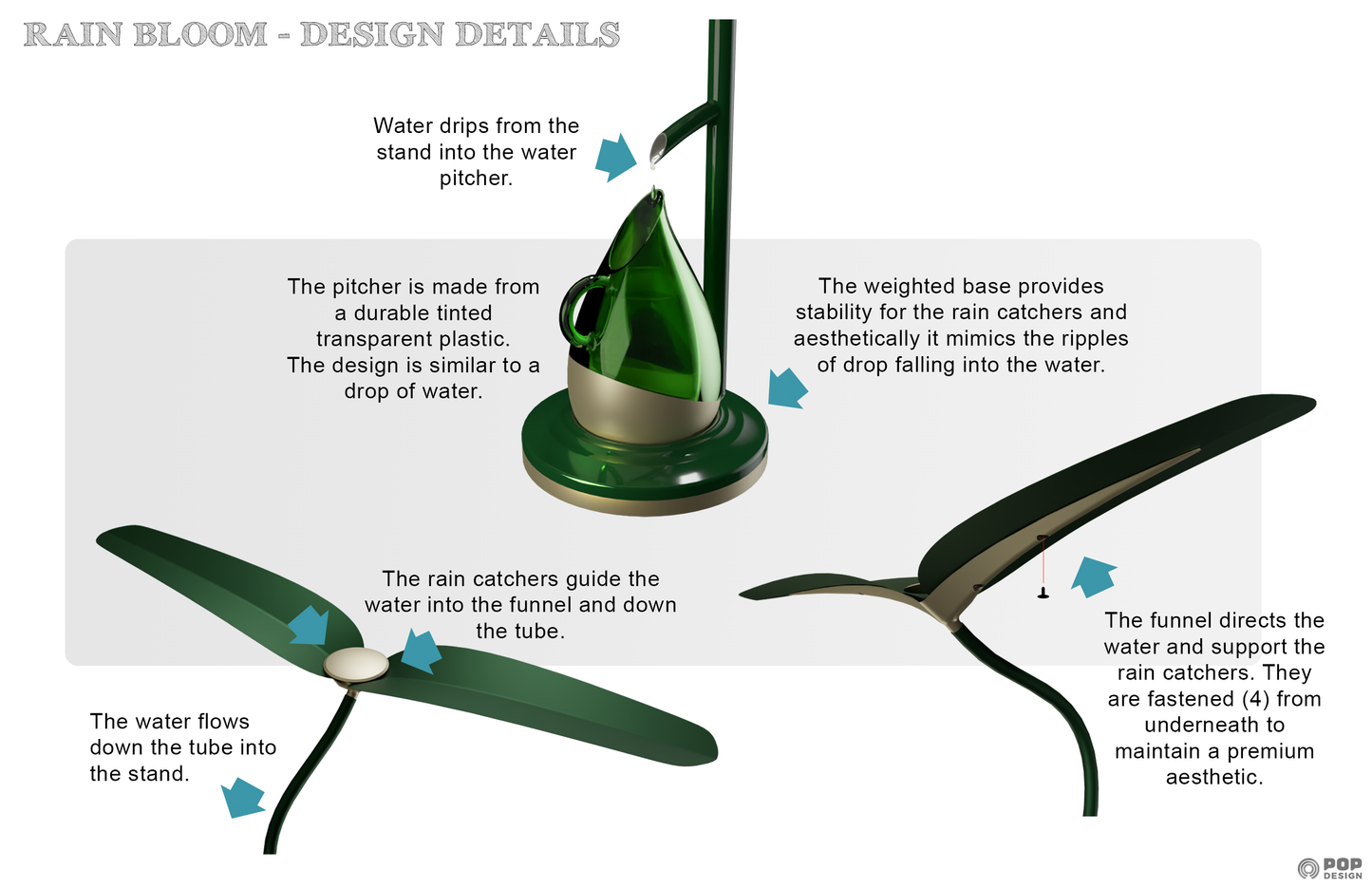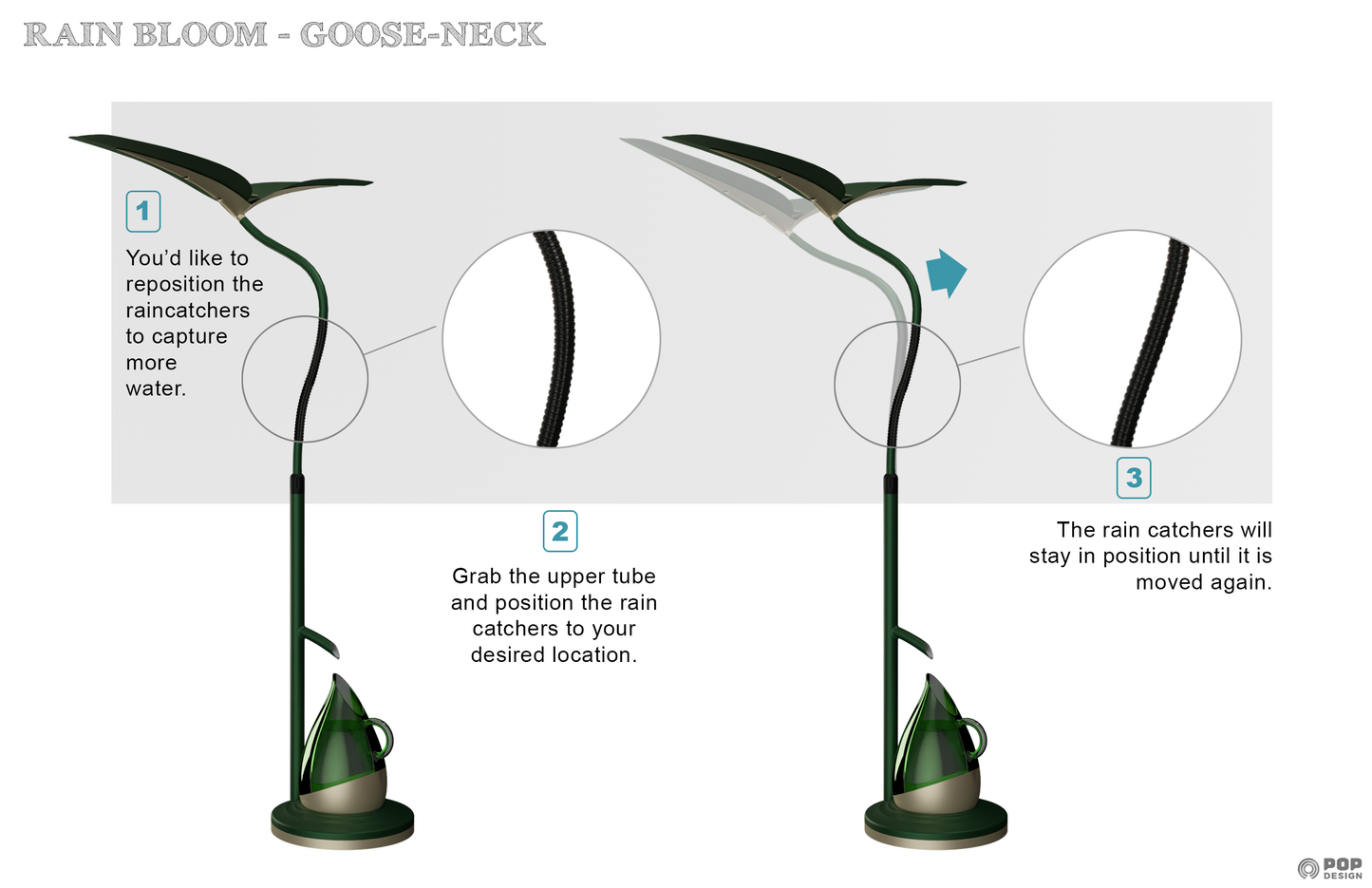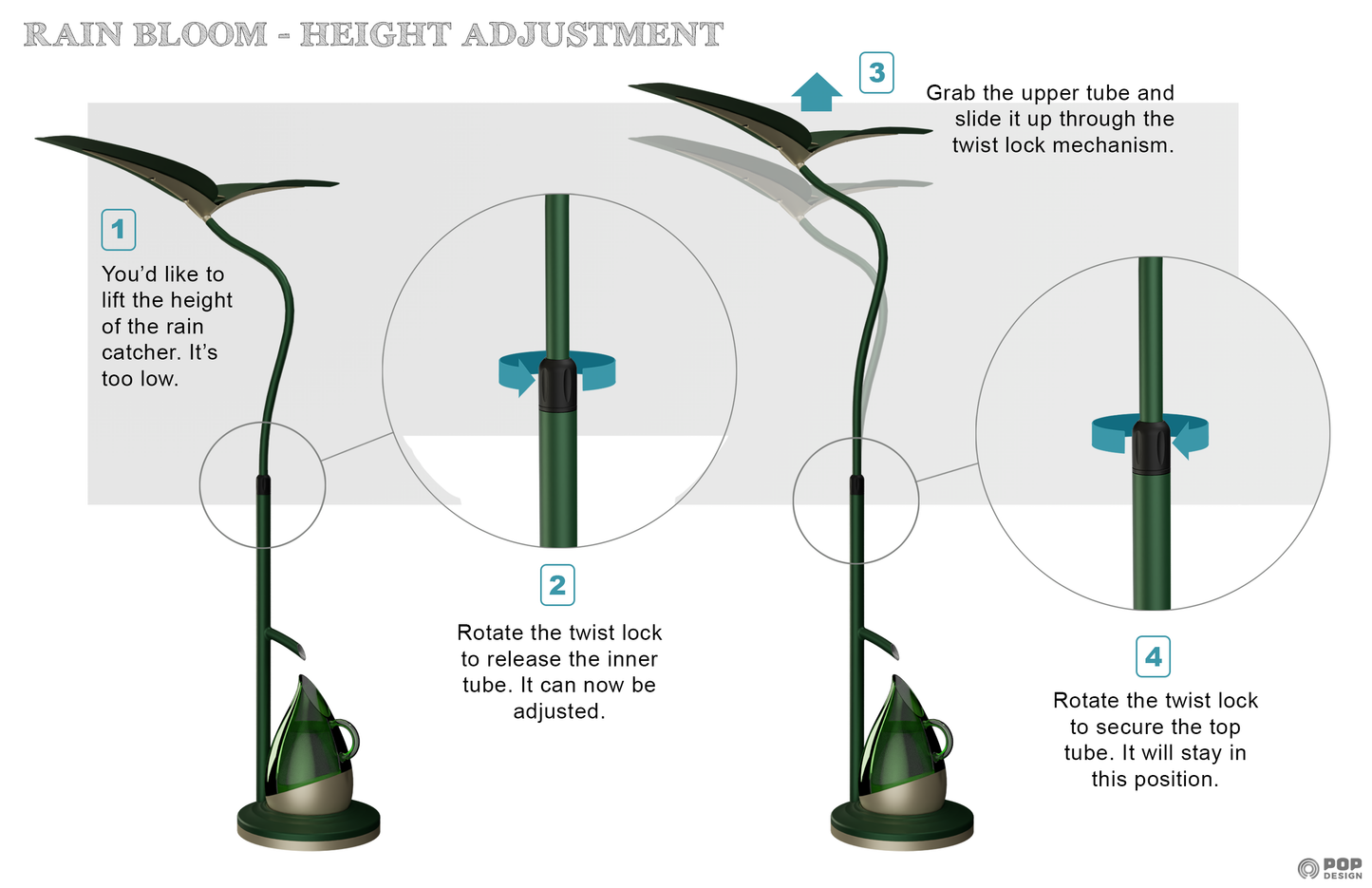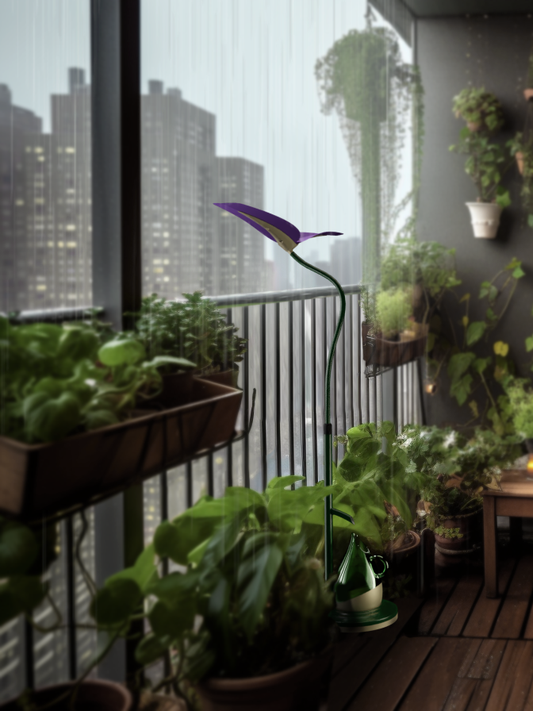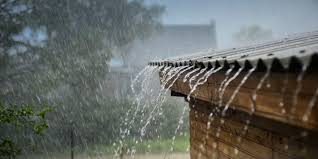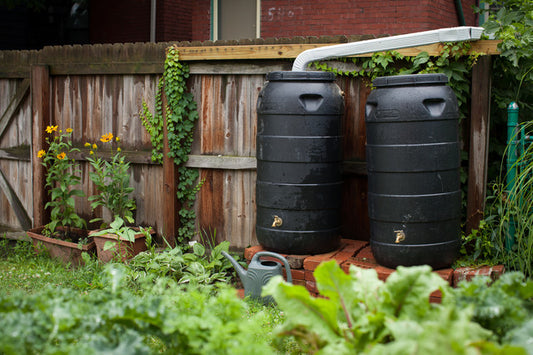When it comes to nurturing your plants and garden, water is a critical element. While many gardeners and plant enthusiasts rely on distilled water for their hydration needs, there's an alternative that often outshines it in terms of benefits – rainwater. In this blog post, we'll explore the advantages of using rainwater over distilled water to keep your plants and garden thriving.
1. Natural Nutrient Enrichment:
Rainwater is not just H2O; it's a naturally occurring elixir that carries a range of beneficial nutrients. As raindrops form in the atmosphere, they pick up minerals and trace elements, such as calcium, magnesium, and potassium. When rainwater falls onto your garden or plants, it enriches the soil with these valuable nutrients, acting as a natural fertilizer. Distilled water, on the other hand, lacks these essential elements.
2. pH Balance:
Rainwater typically has a more neutral pH level compared to distilled water. Distilled water is known for being slightly acidic due to the absence of minerals. A neutral pH is generally more favorable for most plants, allowing them to absorb nutrients more efficiently. Rainwater provides a pH-balanced hydration source that promotes optimal growth.
3. Reduced Salinity:
Distilled water may contain trace amounts of salts and impurities that can accumulate in the soil over time. This accumulation can lead to soil salinity issues, which can be detrimental to plant health. Rainwater, with its lower salt content, helps maintain a healthier soil environment by reducing the risk of salt buildup.
4. Beneficial Microorganisms:
Rainwater often carries beneficial microorganisms from the atmosphere, such as bacteria and fungi. These microorganisms can enhance soil health and promote the growth of plants. Distilled water lacks these microorganisms, missing out on potential benefits for your garden.
5. Soft Water Benefits:
Both rainwater and distilled water are considered "soft water" due to their lack of hardness minerals like calcium and magnesium. Soft water is gentle on plants and reduces the risk of mineral deposits forming on leaves and in the soil. This cleanliness can help prevent plant diseases and enhance overall plant appearance.
6. Environmental Sustainability:
Harvesting rainwater for your gardening needs is an environmentally sustainable practice. It reduces the demand for treated tap water, conserves energy used in water treatment processes, and promotes responsible water use.
How to Harvest Rainwater:
To harness the benefits of rainwater for your plants and garden, consider setting up a rainwater harvesting system. Place rain barrels or cisterns beneath your downspouts to collect rainwater from your roof. Ensure that your collection containers are clean and well-maintained to prevent contamination.
In conclusion, while distilled water may seem like a pure choice for your plants and garden, rainwater often surpasses it in terms of benefits. Rainwater's nutrient enrichment, balanced pH, reduced salinity, and natural microorganisms make it a superior option for plant hydration. By utilizing rainwater harvesting techniques, you can provide your garden with the best nature has to offer, contributing to its health and vitality. So, let the rain be your garden's best friend, and watch it flourish!
